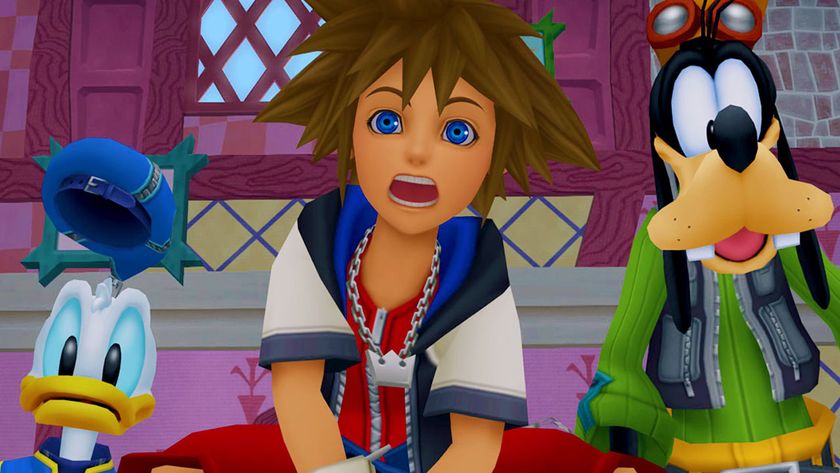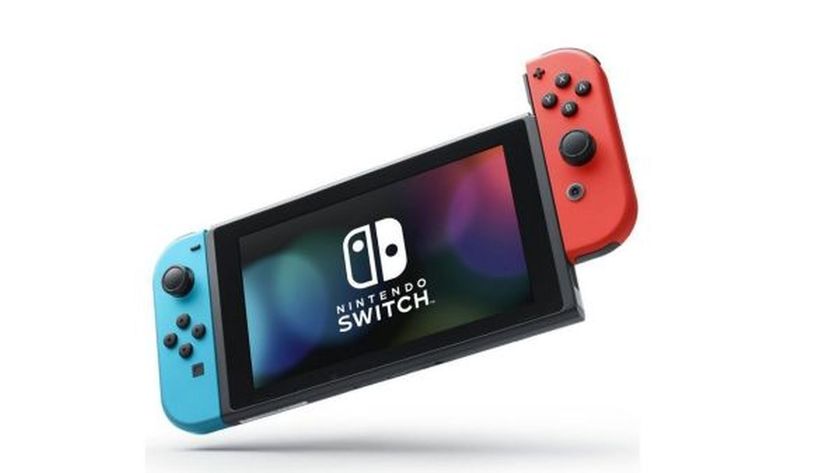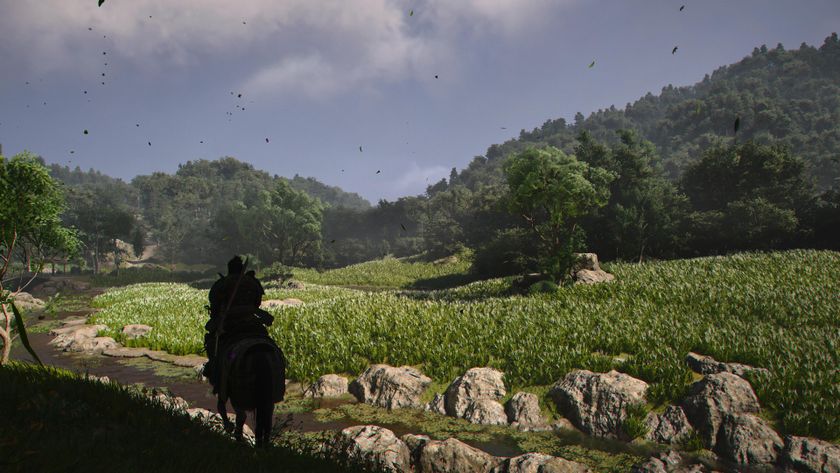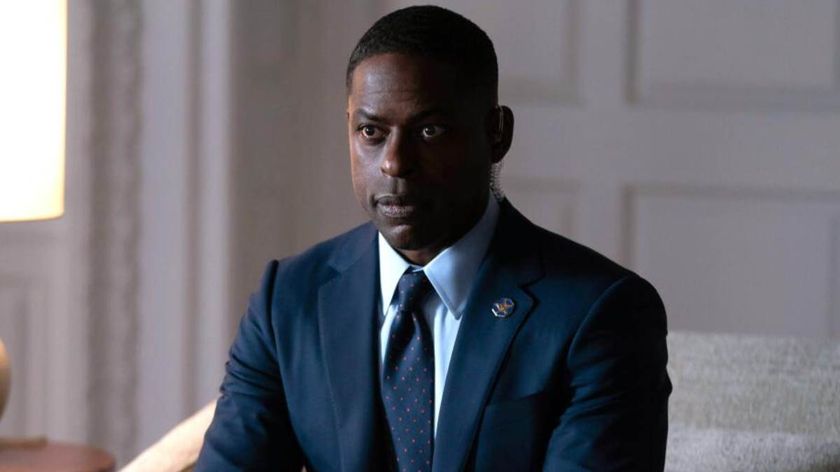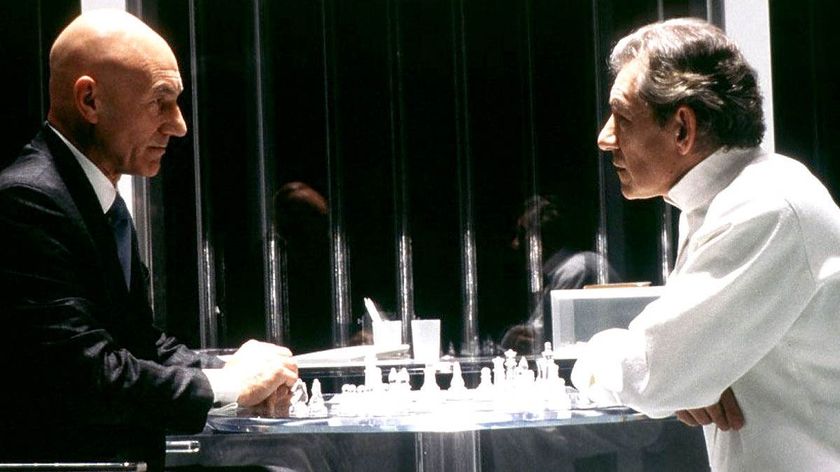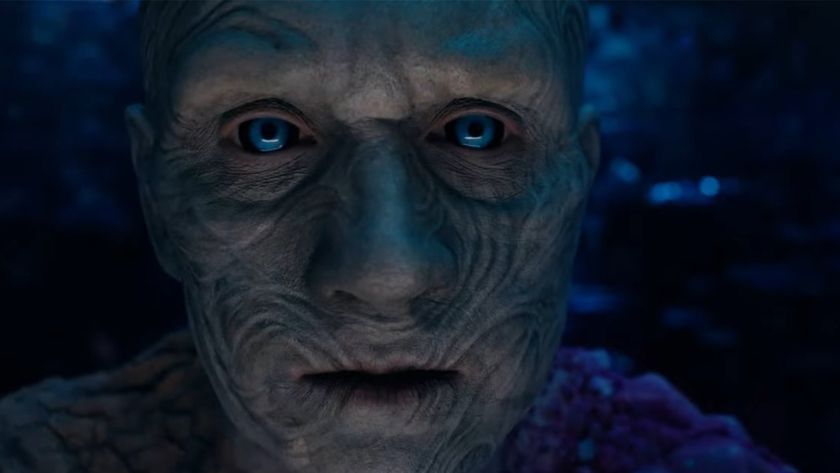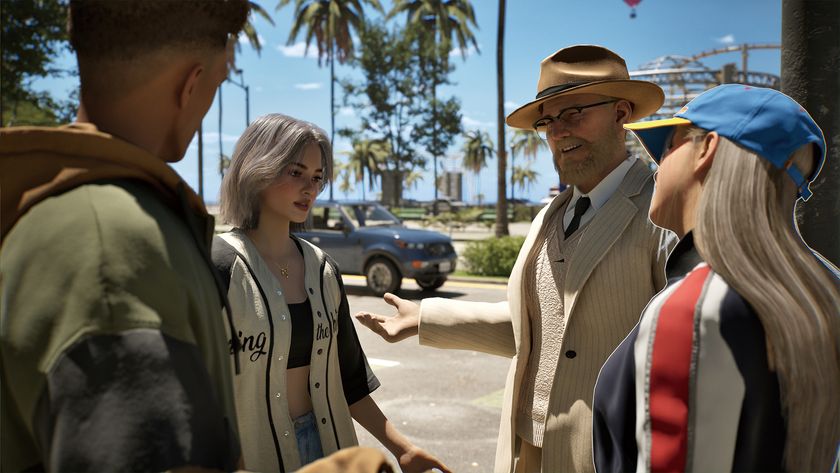In the shadow of the Palworld lawsuit, Nintendo, Sega, and more Japanese gaming giants discuss patents and when taking too much inspiration becomes a problem
Nintendo's patent attorney thinks IP rights are essential for the games industry to have healthy growth
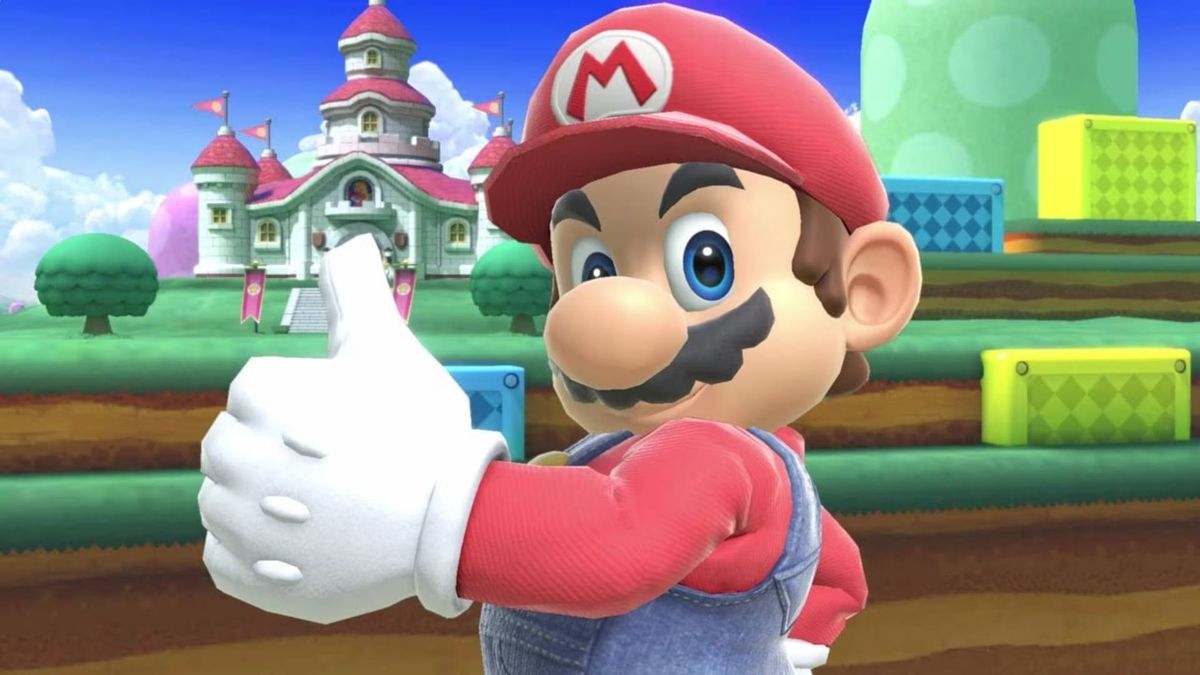
After a busy 2024 full of legal action, we've just been given a bit of insight into Nintendo's intellectual property rights strategy (which includes things like copyright and patents) from none other than the company's patent attorney, who argues that IP rights are essential for the games industry to have healthy growth.
As reported by Japanese site Game Watch (and translated by Automaton), this comes from a conference about "The Importance of Intellectual Property Rights in the Game Industry" at Tokyo eSports Festa 2025, which saw speakers from Sega, Konami, Nintendo and more weigh in on the topic. Nintendo's perspective is particularly interesting considering how many headlines it made last year with its legal antics – from filing a lawsuit against a streamer for allegedly streaming leaked games to the patent infringement lawsuit filed against Palworld developer Pocketpair.
According to Nintendo patent attorney Koji Nishiura (who also serves as deputy general manager of Nintendo's intellectual property department), it sounds like the company is thorough with the variety of IP rights it seeks to acquire so it has more ways to protect its brand. Nishiura explains that different forms of IP rights – like trademarks, patents, and design rights – can all offer their own scope of legal protection. Therefore, by Nintendo seeking to acquire a variety of them, it has a more multifaceted way to protect the brand and business.
Sega offers a slightly different perspective, with Kikuo Masumoto, the head of the company's Corporate Development HQ, explaining that it's absolutely fine for game creators to build off each others' ideas – with the games industry itself literally being built from people doing so. With that said, there's a limit to how much someone can imitate someone or something else before it goes a bit too far, at which point Sega steps in. Even so, when it comes to patents, Masumoto explains that the company doesn't file them to make sure no one else can use its technology, as they allow other companies to use them if they're willing to apply for a license to do so (and splash some cash, too).
The general manager of Konami's legal department, Shunsuke Murase, adds onto this point, explaining that licensing game mechanics and technology helps recuperate investment. That's bound to be increasingly more important as games become more expensive to make.
All in all, perhaps it's unsurprising that Nishiura argues that IP rights are essential for the games industry to develop in a healthy way. However, as Automaton points out, since IP rights are territorial, all of the comments from the conference should be considered with Japan specifically in mind – things won't necessarily be the same across the world.
Sign up to the 12DOVE Newsletter
Weekly digests, tales from the communities you love, and more

I'm one of 12DOVE's news writers, who works alongside the rest of the news team to deliver cool gaming stories that we love. After spending more hours than I can count filling The University of Sheffield's student newspaper with Pokemon and indie game content, and picking up a degree in Journalism Studies, I started my career at GAMINGbible where I worked as a journalist for over a year and a half. I then became TechRadar Gaming's news writer, where I sourced stories and wrote about all sorts of intriguing topics. In my spare time, you're sure to find me on my Nintendo Switch or PS5 playing through story-driven RPGs like Xenoblade Chronicles and Persona 5 Royal, nuzlocking old Pokemon games, or going for a Victory Royale in Fortnite.
